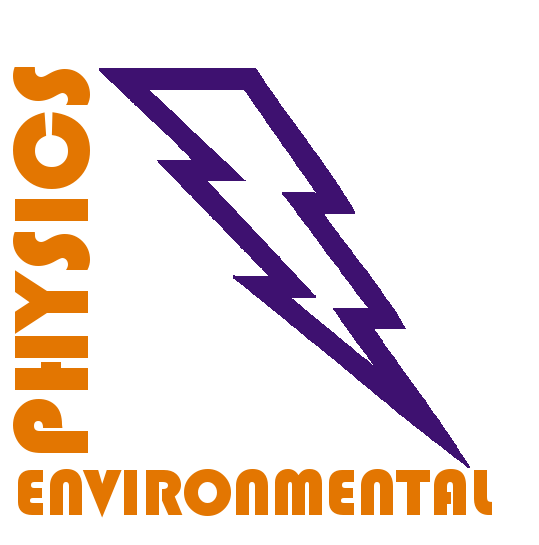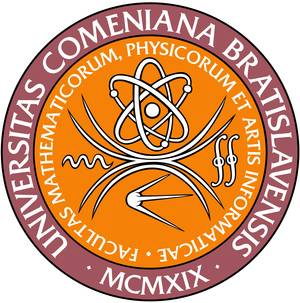Faculty of Mathematics, Physics and Informatics, Comenius University Bratislava |
Anodization of large area Ti: Versatile material for caffeine photodegradation and hydrogen productionSihor M., Hanif M. B., Thirunavukkarasu G. K., Liapun V., Edelmannova M. F., Roch T., Satrapinskyy L., Plecenik T., Rauf S., Hensel K., Monfort O., Motola M. |
|
Abstract: Facile, single-step, and scalable fabrication of large-area (i.e., ~20 cm2) TiO2 nanostructures (TNS) with excellent photocatalytic activity under UVA-light were prepared via electrochemical anodization. Anodization in glycerol-based electrolyte containing fluoride ions was conducted at applied potentials 20 – 80 V (20 V step) for 100 min. Anodization at 20 V (TNS-20) and 40 V (TNS-40) led to formation of nanotubular TiO2, whereas, at 60 V (TNS-60) and 80 V (TNS-80) a porous TiO2 was obtained. Highest caffeine photodegradation rate was obtained at TNS-20 (rate constant; k = 0.0069 min-1) and TNS-60 (rate constant; k = 0.0067 min-1). Moreover, hydrogen production by decomposition of methanol on large-area anodized Ti is here reported for the first time. The highest hydrogen production rate was observed at TNS-20 (production rate of ~6200 ppm), followed by TNS-60 (production rate of ~5900 ppm). The efficiency of the two materials is due to the interplay of structure, morphology, and HO• radical generation that favor TNS-20 and TNS-60 for both photocatalysis and hydrogen production. This work shows a potential strategy to synthesize large-area anodic TiO2 nanostructures efficient for photocatalysis and hydrogen production. Synthesis of large-area materials is crucial for most real (photo)electrochemical applications where TiO2 nanostructures of several cm2 of macroscopic surface area are necessary.
|
|
|

|
|
HOME |
| NEWS |
| STAFF |
| RESEARCH |
| PUBLICATIONS |
| STUDENTS |
| LINKS |
|
CONTACT
|
|
Post-doctoral positions
|

|
|
User: student Logout |